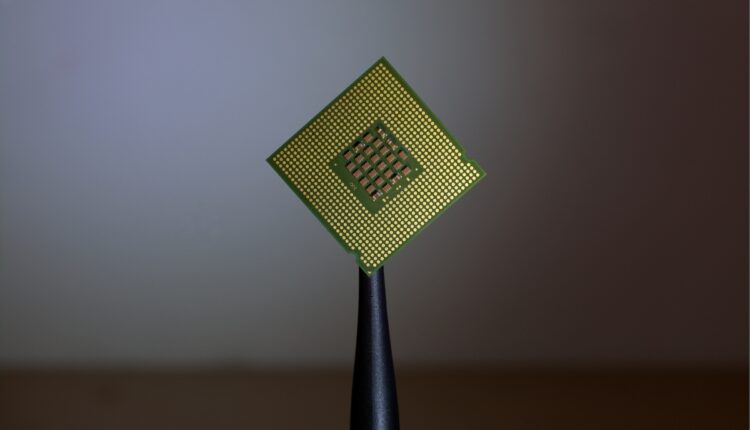The US reinforces restrictions on the sale of AI chips to China
The BIS announced that restrictions will remain on the sale of artificial intelligence chips
The Bureau of Industry and Security (BIS) of the United States Department of Commerce announced the expansion of existing restrictions on the export of artificial intelligence (AI) chips to China.
The BIS has explained that these new regulations seek to strengthen the measures previously established in October 2022, with the purpose of limiting China’s ability to both acquire and produce certain high-performance chips crucial in the military field.
Under Secretary of Commerce for Industry and Security Alan F. Estevez commented on these updated restrictions:
“Export restrictions are a powerful national security tool, and these updates are based on our continued assessment of U.S. national security and foreign policy concerns related to military-civilian convergence and military modernization in the People’s Republic of China.
One of the key modifications to these rules involves the introduction of a new “performance threshold” applied to chips that can be exported from the United States.
Until now, export regulations have focused primarily on high-performance chips produced by major companies, such as Nvidia and AMD, allowing these companies to export lower-capacity models to China, such as Nvidia’s A800 and H800.
However, the updated rule expands these restrictions, including the A800 and H800 chips in the export ban to China. The country represents one of the most important markets for Nvidia, along with Taiwan and the United States.
In addition, the rule establishes the obligation to notify the export of “certain additional chips” that fall just below the performance threshold, leaving the final decision in the hands of the government.
Along with the new performance threshold, the BIS has published a framework to prevent evasion of these rules, which includes the introduction of a global licensing requirement for the export of controlled chips to countries under US embargo, the creation of additional alerts to identify restricted chips, imposing a notification requirement for the export of high-performance gaming chips, and soliciting public comments on various related matters.
Additionally, the administration intends to monitor the export of equipment and materials used in the manufacturing of high-performance chips.
According to the notice, these regulations will come into effect from November 16, 2023, and a period of 60 days will be given for the public to submit comments on the same.
These updates to export conditions come at a time when Chinese tech company Baidu announced the launch of version 4.0 of its AI chatbot, Ernie, which claims to compete with OpenAI’s ChatGPT model.
K. Tovar
Source: Cointelegraph
(Reference image source: Brian Kostiuk, Unsplash)
Visit our news channel on Google News and follow us to get accurate, interesting information and stay up to date with everything. You can also see our daily content on Twitter and Instagram


